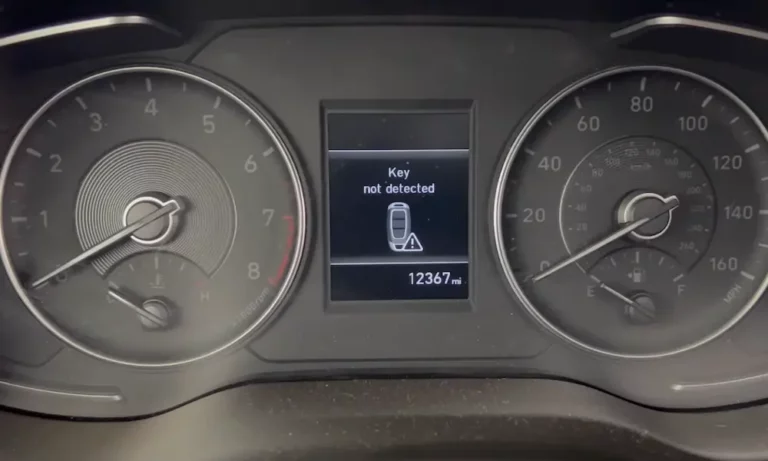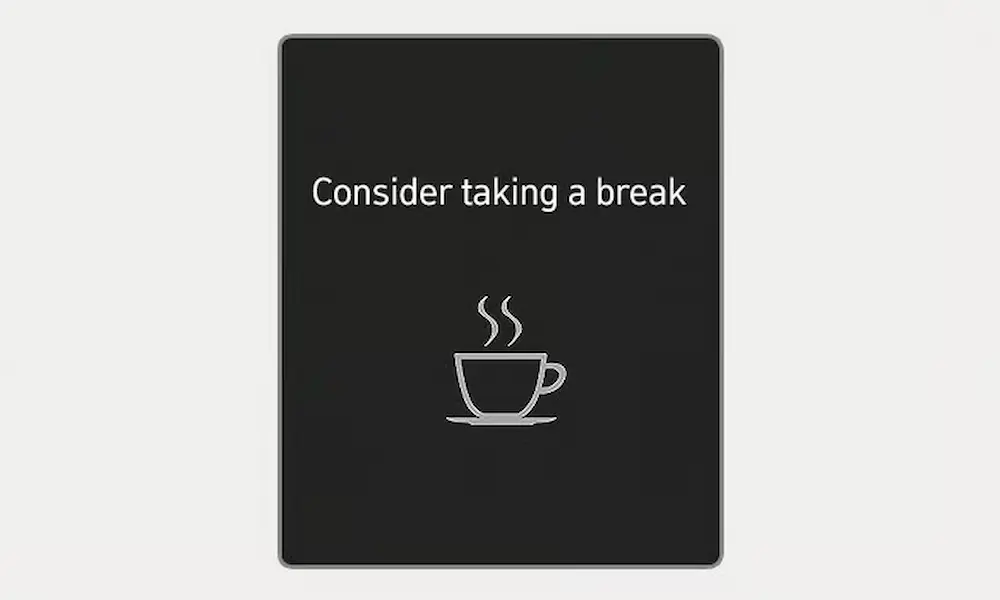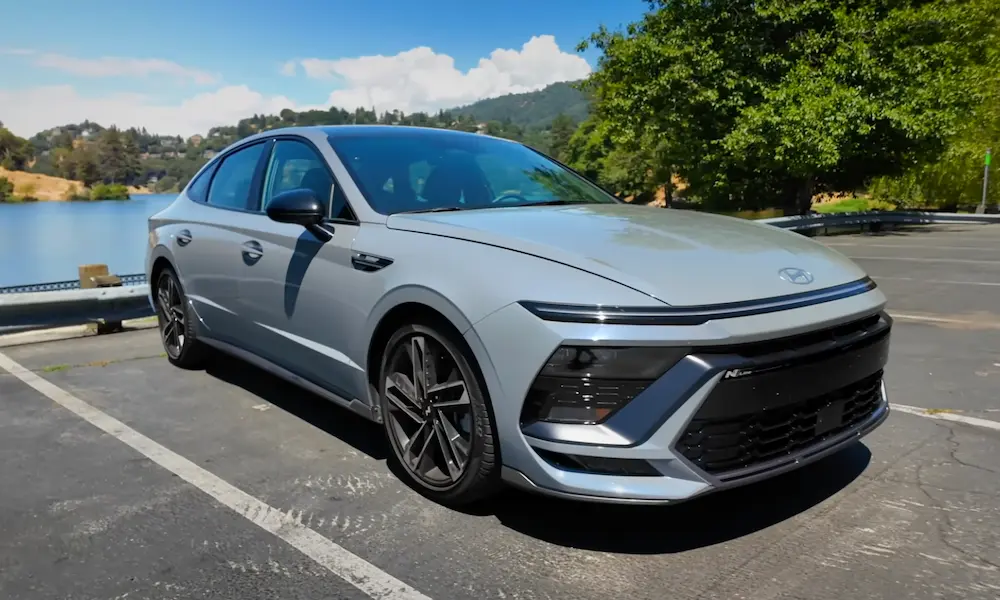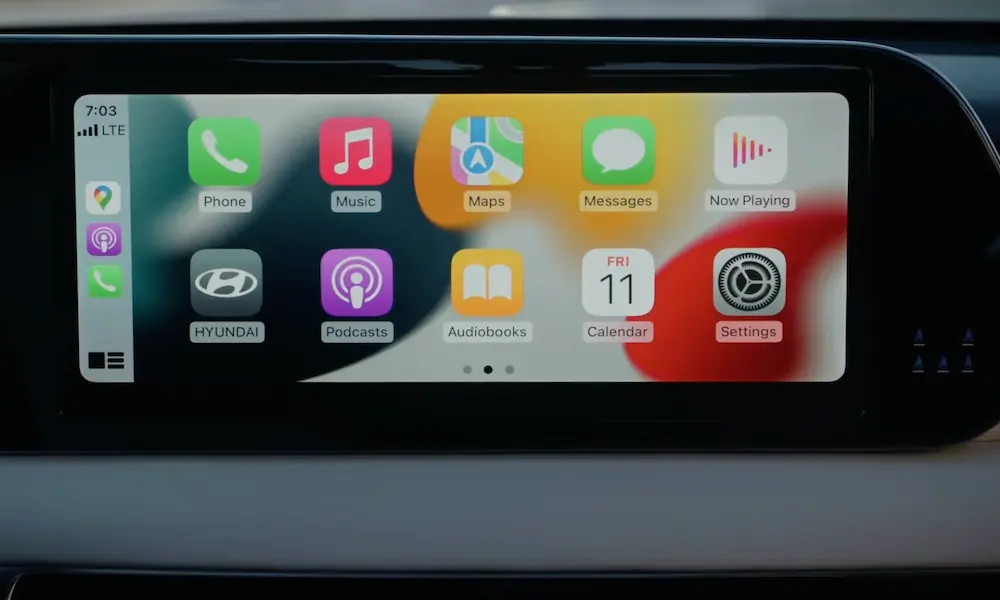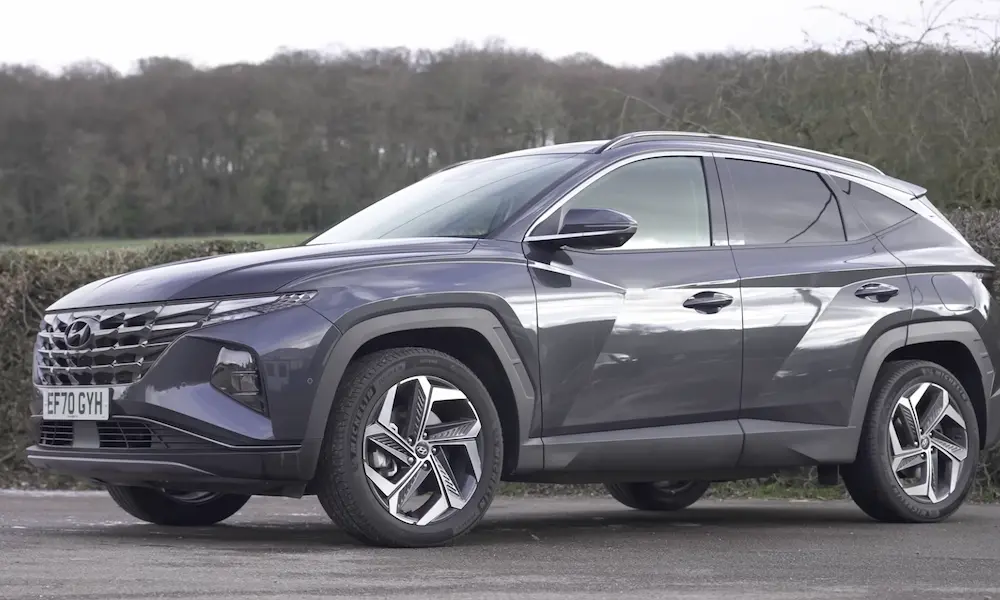If you’re struggling with your Hyundai key not being detected, you’re not alone. A dead battery in the smart key is the most common culprit. Replacing it can often solve the issue quickly. Dive into the details to discover a few simple fixes that could get you back on the road without any hassle. Explore all potential reasons and solutions to ensure your key and car connect seamlessly.
Understanding Your Hyundai Key Fob
Your Hyundai Smart Key Fob is packed with features that make accessing your vehicle easier. It works together with the car’s immobilizer system to ensure security.
Components of the Hyundai Smart Key Fob
The Hyundai Smart Key Fob may seem simple, but it has several important parts. At its core, it contains a radio transmitter that communicates with your vehicle. This allows for keyless entry and starts. You’ll also find buttons for locking, unlocking, and sometimes opening the trunk or setting off the alarm.
Inside the fob is a small battery that powers it. If the fob ever stops working, one of the first things to check is this battery. Replacing it usually involves opening the fob’s casing, which is designed to snap apart and fit back together easily.
The Role of the Immobilizer System
The immobilizer system is key to preventing theft. It works by using a unique code shared between the fob and the car’s onboard computer. When you try to start your car, the system checks this code. If it matches, the engine will start. If not, the car remains immobilized.
This system operates in the background every time you use your Smart Key Fob. Even if someone tries to copy your key fob, they can’t start the car without the correct code. If you have trouble starting your car, the issue could be with the fob, the code, or the immobilizer itself. If this happens, a visit to your dealership or a qualified technician might be needed to diagnose the problem.
Common Causes of ‘Key Not Detected’ Errors
Experiencing a “Key Not Detected” error in your Hyundai can be frustrating. This section breaks down the main reasons behind this issue, like battery problems, signal interference, and issues with the fob or car’s receiver system.
Dead Key Fob Battery Issues
One of the most common reasons for the “Key Not Detected” error is a dead or low battery in the key fob. Your key fob relies on a battery to communicate with your car, and when it runs out of power, it can’t send the necessary signals.
Replacing the battery is usually straightforward. You’ll need to open the key fob using a small tool to carefully pry apart the two halves. Inside, you’ll find a small, button-like battery, such as a CR2032, which you can replace to restore normal function. Check the owner’s manual or troubleshooting guides for specifics on changing the battery.
Interference and Signal Disruption
Interference from electronic devices can also be a cause of this error. Devices like phones, tablets, and even microwaves can disrupt the signal between your key fob and the car. If you’re attempting to unlock or start your car and it can’t detect the key, check the immediate surroundings.
Try moving the fob closer to the vehicle or away from potential sources of interference. Parking areas with lots of electronic noise, like inside parking garages or near large electronics stores, might cause issues. Also, metal objects can block the signal, so keep the fob clear of such obstructions when trying to use its features.
Faults in the Key Fob
Wear and tear or damage to the key fob itself can lead to detection problems. Internally, components can shift or suffer damage over time, especially if the fob has been dropped or exposed to moisture. These small, sensitive devices sometimes require professional attention to restore function.
Opening the fob case might reveal visible damage or dirt, which you can gently clean. If simple fixes do not work, consider contacting a dealer to assess whether a replacement or repair is necessary. A faulty key fob often needs a thorough check-up to work properly again.
Problems With the Car’s Receiver
The car’s receiver system might also be causing the inability to detect the fob. This part of the car interprets the signals from your key fob. If there’s a problem with the receiver, the car may not respond even when your fob is working fine.
Testing the receiver’s functionality often requires a trip to a Hyundai dealer or a qualified mechanic. They can use diagnostic tools to find whether the receiver is at fault. Repairing or replacing the receiver can involve in-depth work, so it’s generally recommended to have this done by professionals to ensure everything works seamlessly afterward.
Troubleshooting Steps
When your Hyundai key is not detected, it can be quite frustrating. Luckily, several steps can help you resolve the issue. Often, you’ll need to consider replacing the key fob battery, resetting the key fob, or bypassing the “Key Not Detected” error to restore proper functionality.
Replacing the Key Fob Battery
One common reason for your Hyundai key fob not being detected is a dead battery. To change the battery, start by locating the battery cover on the back of the key fob. Use a small tool or coin to gently pry it open. Once opened, remove the old battery and insert a fresh one, making sure the positive side (+) is facing up.
After replacing the battery, test the fob by pressing the lock or unlock buttons. If it functions properly, try using the fob to start the car. This simple fix often resolves detection issues and restores functionality to your push button start system.
Resetting the Hyundai Key Fob
If changing the battery doesn’t work, you might need to reset the key fob. To do this, get inside your car and close all doors. Insert the key into the ignition and turn it to the “On” position without starting the engine.
Next, press and hold both the lock and unlock buttons on the key fob simultaneously for about ten seconds. This should reset the fob. Turn the key back to the “Off” position and remove it from the ignition. Test the key fob to see if it can start the car now.
Bypassing the Key Not Detected Error
Sometimes, the car might not detect the key fob even after battery replacement or resetting. In this case, try bypassing the error message. You can do this by gently pressing the key fob against the start button while attempting to start the car.
This method uses the fob’s proximity sensor to connect directly with the vehicle’s system. If successful, the car should start even if the “Key Not Detected” error shows up. If the problem persists, it could be an issue with the car’s receiver system, and contacting a professional may be necessary.
Preventative Measures and Maintenance
Taking care of your Hyundai key fob can prevent common issues like connection failures and extend its lifespan. By following simple guidelines, you can avoid problems such as a dead battery or water damage.
Proper Key Fob Care
To keep your key fob working smoothly, protect it from damage. Use a protective case to shield it from drops or impacts, which can cause internal issues. Avoid exposing it to water by keeping it dry at all times. Moisture can cause malfunction or permanent damage.
Keep the key fob away from extreme temperatures. Both heat and cold can affect the battery and internal components. Store it in a safe place when not in use. Keep the key fob away from electronic devices that might cause interference, affecting its ability to communicate with your car.
Regular Key Fob Check-Ups
Routinely checking your key fob can help spot potential problems early. Test it regularly to ensure it locks and unlocks your car efficiently. If you notice weaker signal strength, it might be time to replace the battery.
Aim to replace the battery every 1-2 years, especially if it frequently becomes a dead battery. Follow the battery replacement instructions in the user manual. Clean any debris from the key fob to ensure buttons press smoothly and don’t stick.
Listen for any unusual sounds or difficulty in unlocking the car. This can indicate internal problems. If issues persist, consult a professional to avoid further damage and ensure your key fob stays reliable.

